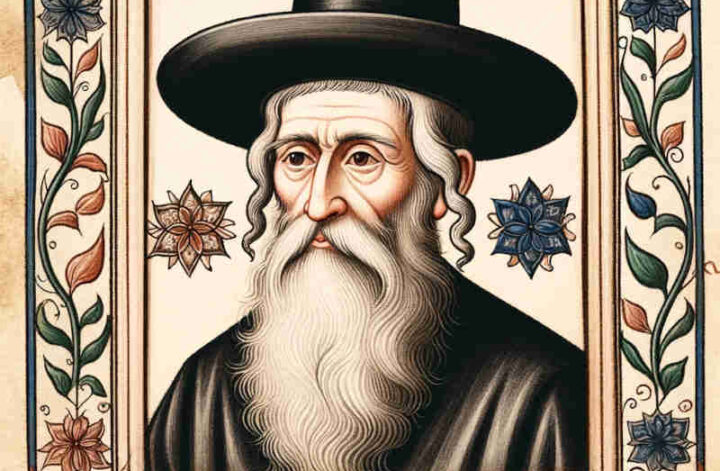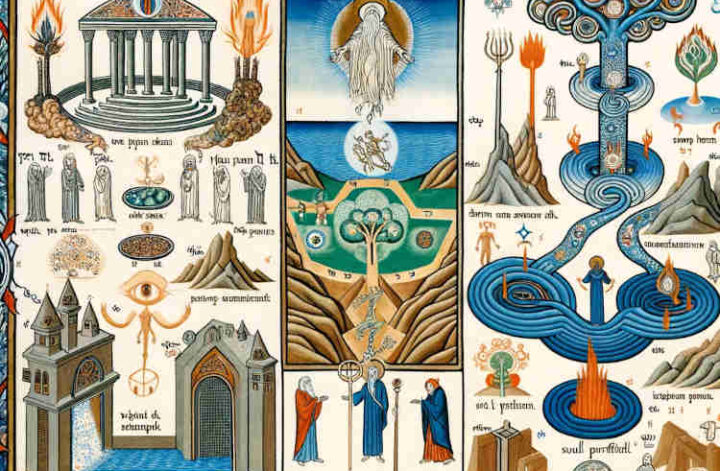From: Daniel Katz
Subject: Question on Sanhedrin 58b
Dear Rabbi Eliyahu,
I recently came across a passage in the Talmud, Sanhedrin 58b, which states, “If a heathen (gentile) hits a Jew, the gentile must be killed.” This statement is quite disturbing to me. Could you please provide some context and explanation?
Thank you,
Daniel
Contextualizing Sanhedrin 58b
Dear Daniel,
Your concern regarding the passage in Sanhedrin 58b is understandable. The Talmud, a complex and ancient text, often requires careful interpretation and context to be understood correctly. Let us explore this passage together.
Interpreting Talmudic Texts
Firstly, it’s important to note that Talmudic literature is not a straightforward legal code but a record of discussions, debates, and hypothetical scenarios. The rabbis often discuss extreme cases to test the boundaries of the law and to explore ethical and moral principles. The passage in question is part of a larger discussion about the legal status and obligations of non-Jews versus Jews under Jewish law.
The statement “If a heathen hits a Jew, the gentile must be killed” is not a directive but part of a theoretical legal discussion. It reflects the Talmudic method of argumentation and is not intended as a practical ruling. In the Talmud, many opinions are expressed, and often, they do not reflect the final halachic (Jewish legal) decision.
The Ethical Framework of the Talmud
In Judaism, the value of human life is paramount, and the use of capital punishment, even in Talmudic times, was exceedingly rare. The Talmud states that a Sanhedrin (rabbinic court) that executes once in seven years (or even seventy years, according to another opinion) is considered destructive. This hyperbolic statement underscores Judaism’s deep aversion to capital punishment.
Furthermore, Jewish law emphasizes the pursuit of peace, respectful coexistence, and the dignity of all human beings, Jew and non-Jew alike. The Talmudic sages taught that righteous people of all nations have a share in the World to Come (Tosefta Sanhedrin 13:2). This illustrates the inclusive and ethical spirit of Jewish teaching.
In summary, the passage from Sanhedrin 58b must be understood within its broader Talmudic context. It is part of a complex legal debate and is not a directive for action. It should be interpreted in light of the overarching ethical principles of Judaism, which value human life and dignity above all.
I hope this explanation brings some clarity to the issue. May your continued study of the Talmud bring you deeper understanding and insight.
B’Shalom,
Rabbi Eliyahu



